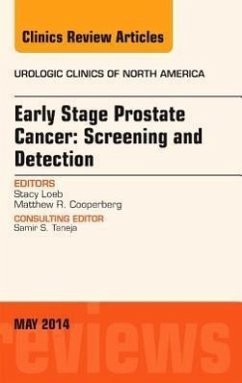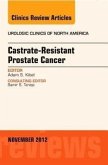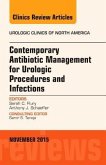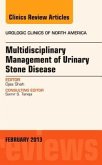PSA screening remains highly controversial due to several important disadvantages. More PSA is produced with prostatic enlargement and in other benign conditions such as urinary tract infections. False positive tests can then lead to unnecessary diagnostic workup with invasive prostate biopsy. Another major problem with screening programs in general is overdiagnosis of cancers that would not have caused harm during the patient's lifetime. For example, many prostate cancers have a relatively indolent behavior so may not require diagnosis or treatment in a patient with limited life expectancy. All forms of prostate cancer treatment have potential urinary and sexual side effects, so reducing overdiagnosis and overtreatment are critical public health issues. Because screening has many proven benefits but also significant harms, there are widely disparate guidelines on prostate cancer screening from major organizations worldwide. This issue of the Urologic Clinics will provide insights into the many different prostate cancer guidelines and related policy issues.
Hinweis: Dieser Artikel kann nur an eine deutsche Lieferadresse ausgeliefert werden.
Hinweis: Dieser Artikel kann nur an eine deutsche Lieferadresse ausgeliefert werden.








